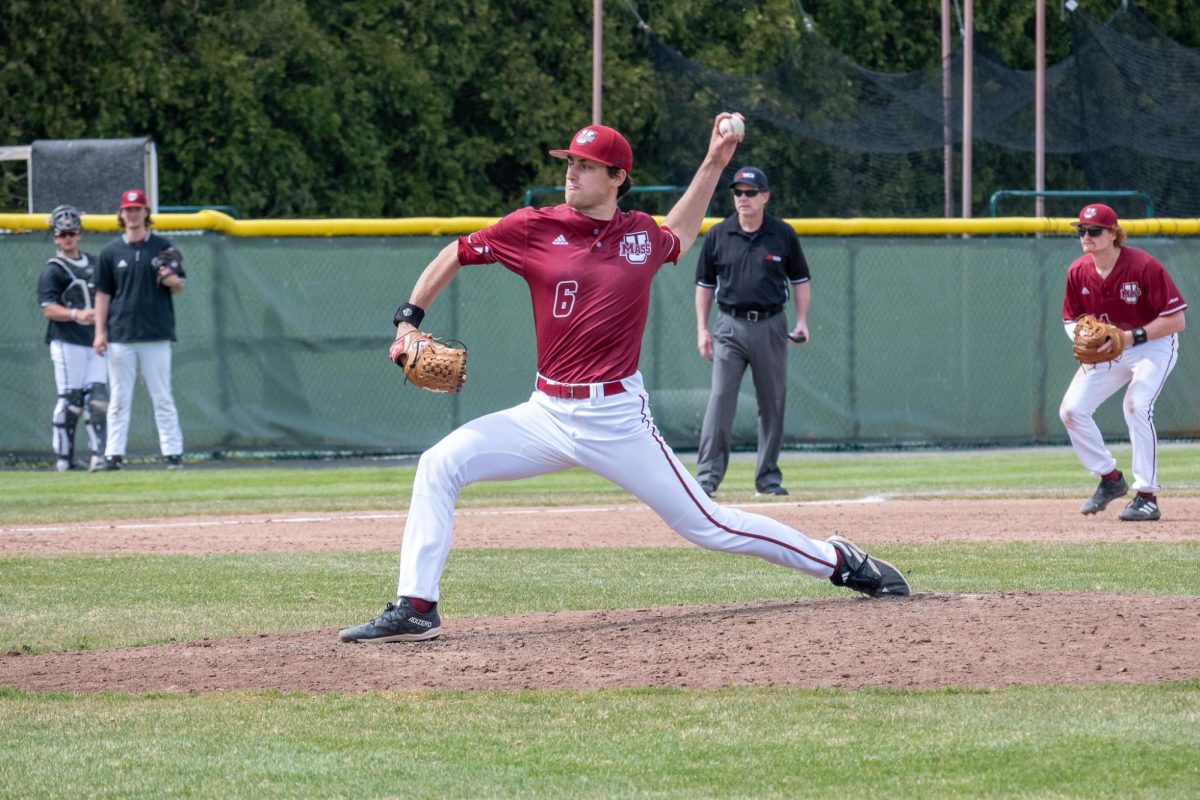Two professors from different departments have received nearly $1 million to create a powerful new biology research tool.
For years, engineers have been using a tool called “finite element modeling” to digitally simulate how their constructions will act under different conditions, such as a bridge in the wind, or a car bumper during a collision.
Now engineering professor Ian Grosse and biologist Betsy Dumont are applying the same technology to the skulls of gorillas and wings of birds, among other things.
“The twist with biological systems is that we’re really trying to reverse-engineer what evolution has already come up with,” said Dumont in a statement.
Grosse and Dumont hope their program, called Biomesh, can help research how animals evolved.
“This method is now being used by biologists to see how biological systems have been optimized for their particular use,” said Grosse. “Things such as stresses in bone structures, fluid flow in arteries, and strain of hearts muscles, even how cell walls deform under forces.”
“Imagine someone wants to know how forces are transferred in a bird skull relative to a reptiles, because the two are evolutionary related, you’d be able to download both [models] to compare those two things,” said Dumont. “The strength is in having the same bones from many different kinds of organisms so you can make comparisons.”
The program will be the first of its kind.
While there are other Web sites that offer detailed visual reconstructions of biological systems, Biomesh is unique in offering mathematical models that can be tested according to the users needs.
While the program is being developed primarily for studying evolution, Grosse and Dumont say it could have practical applications outside of biology.
“The first is more information about biological things, but you never can tell what practical applications that it will lead to, which is part of the reason the NSF supported us,” said Grosse.
“Biologist think mostly about the evolution part, but entirely possible that this could be expanded into orthopedics for example; models of elbow joints that people could come in and use,” said Dumont.
“What we’ve proposed developing, we like to think of it as community garden; you plant seeds and share the garden with the community,” said Grosse. “We’re proposing digital repository of models and seeding it with models of common biological systems and structures, and then inviting [the] worldwide community of biologists to contribute, like a Wikipedia of models.”
Ben Williams can be reached at [email protected].






